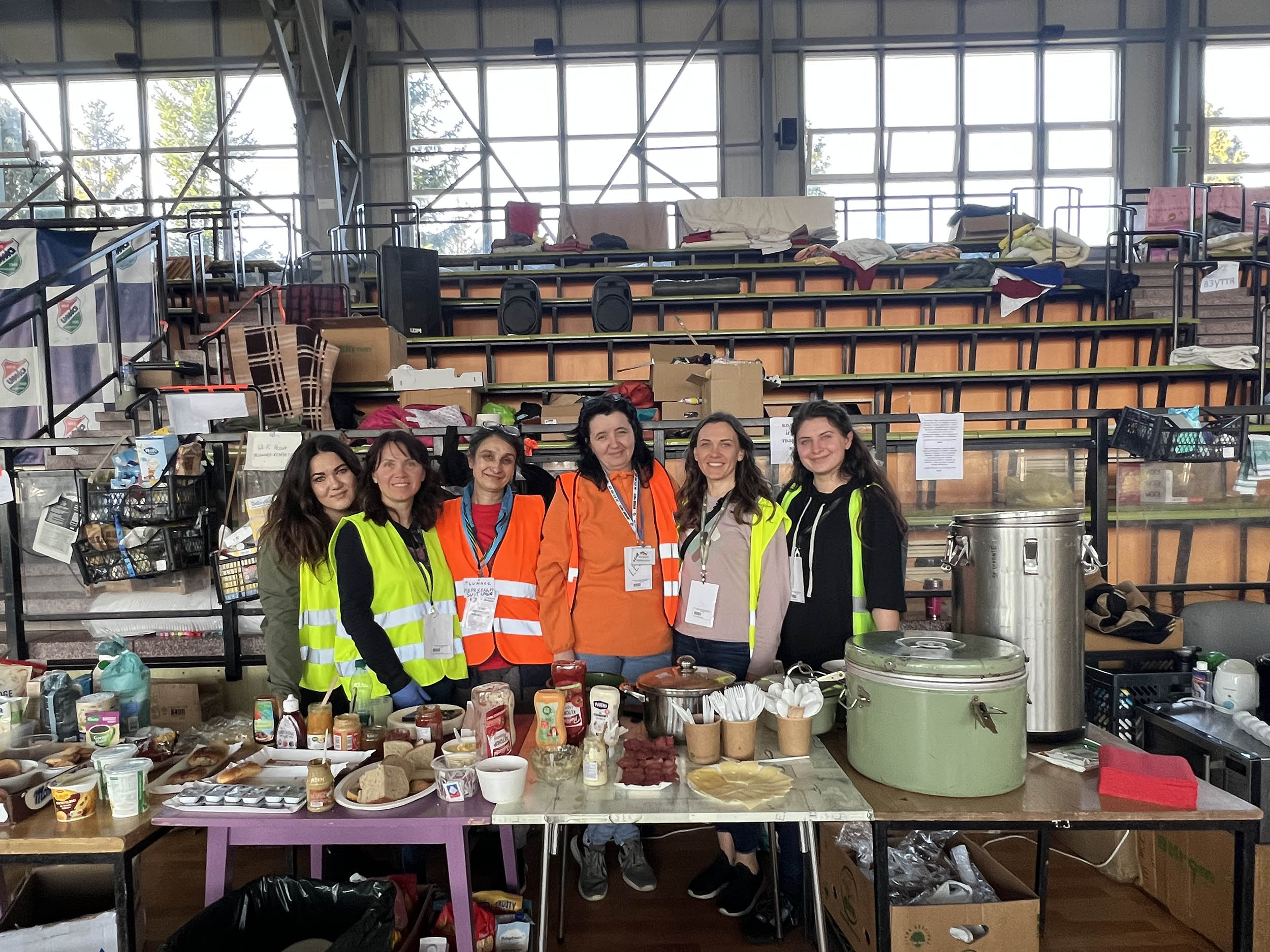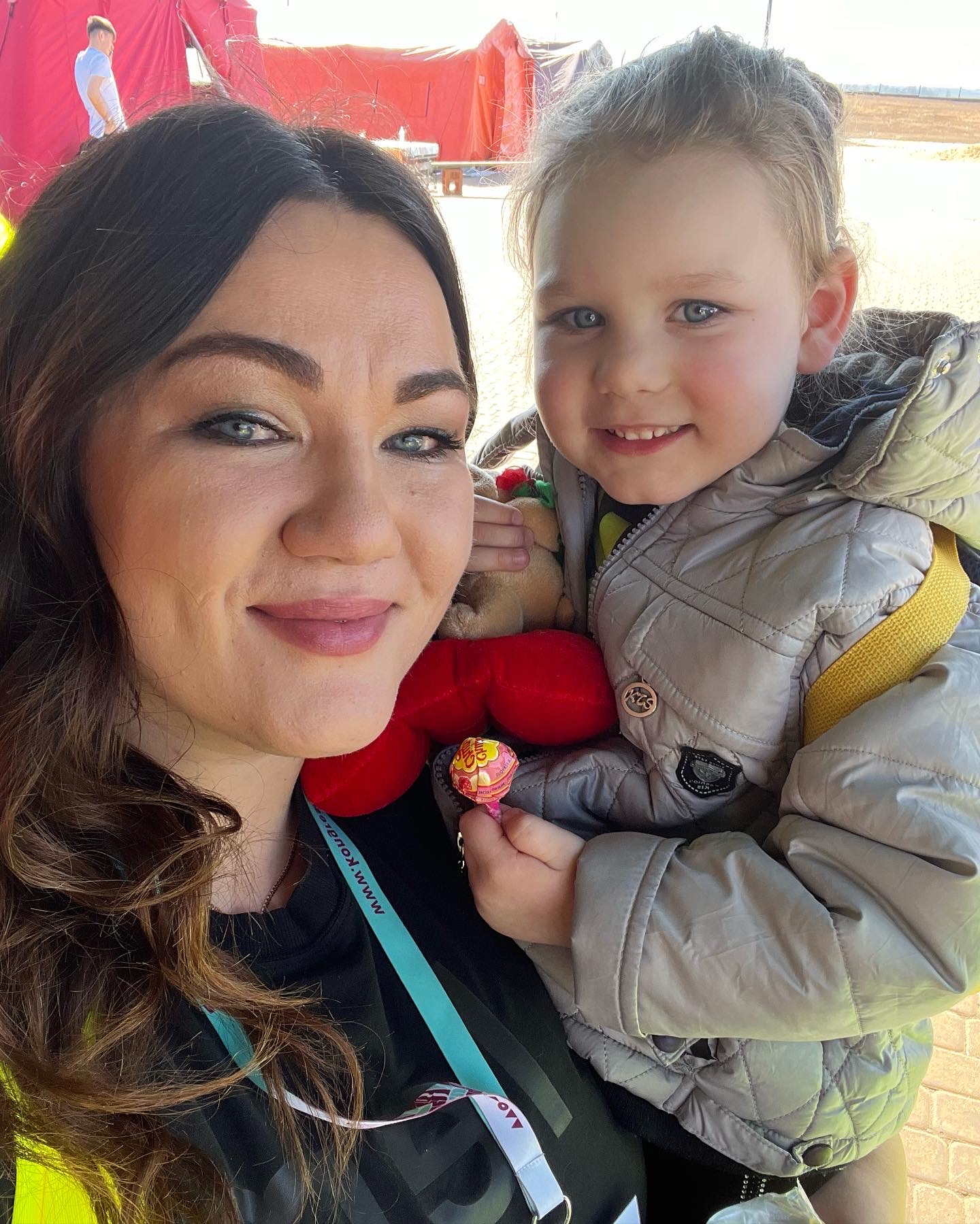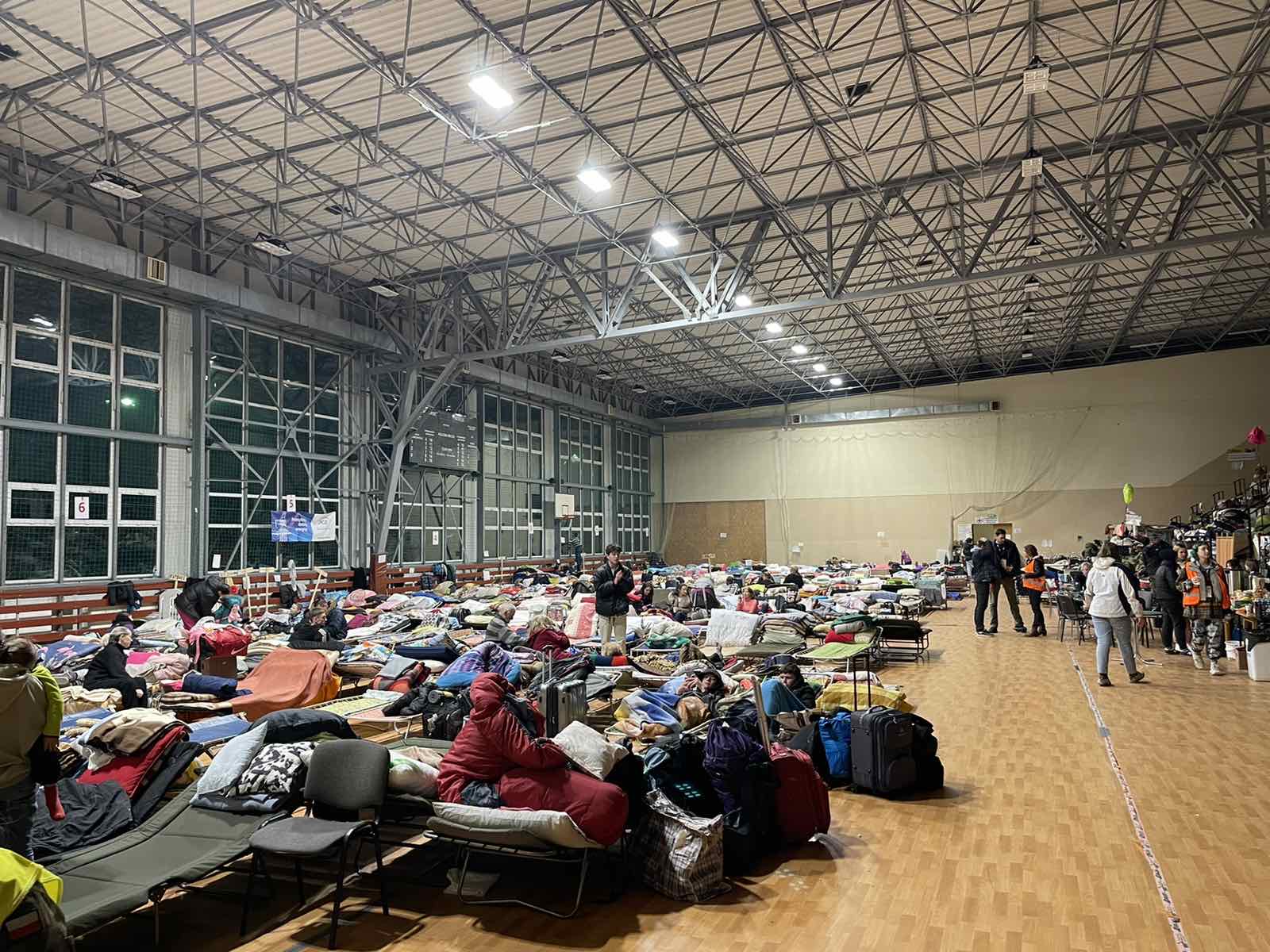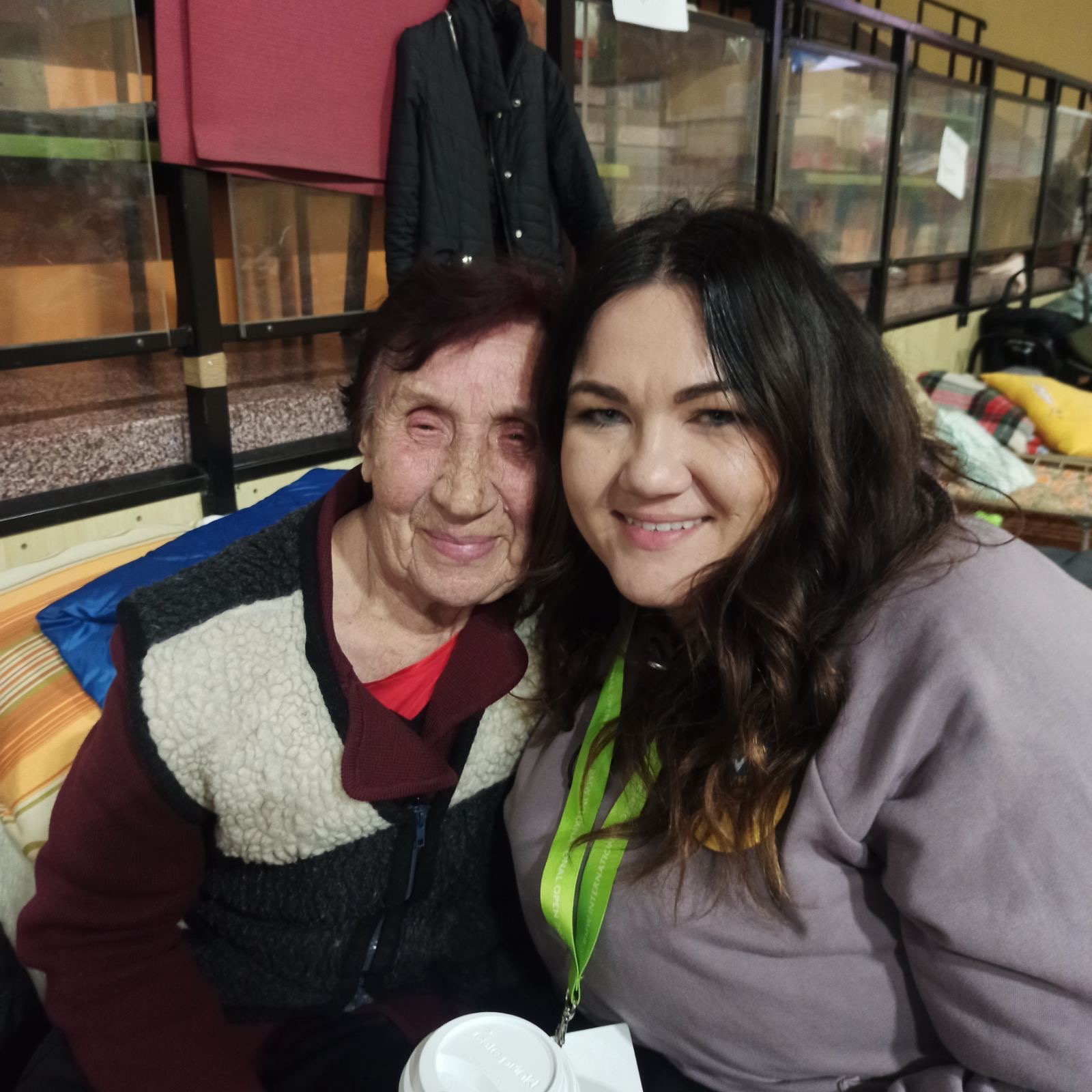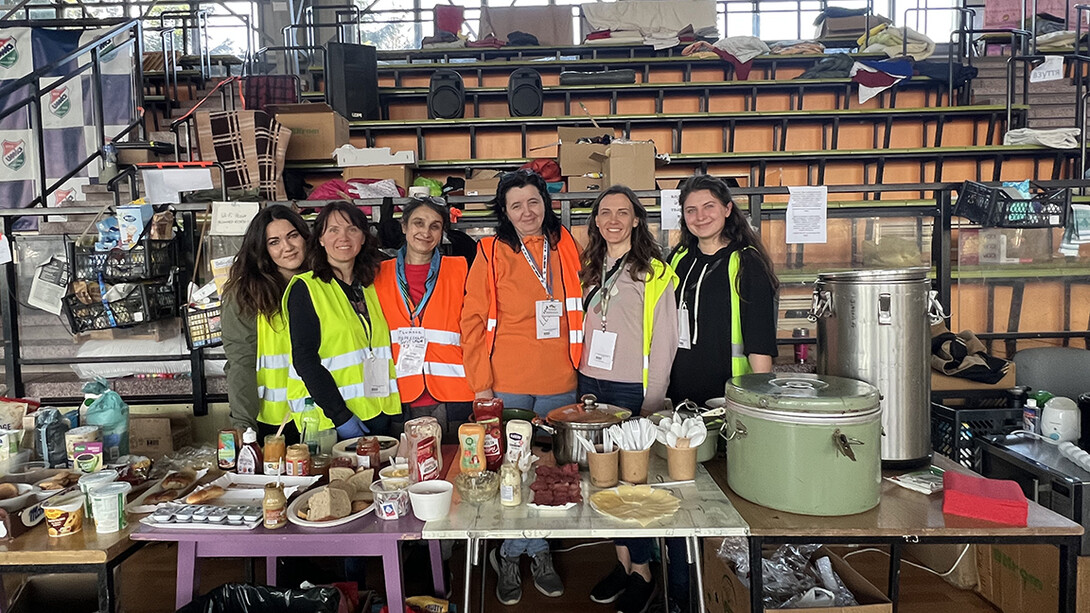
Tatyana Gulchuk will forever remember the faces and stories — especially the grandmas.
The finance coordinator with the University of Nebraska–Lincoln’s Big Red Business Center was among a handful of Nebraskans who recently rushed to the Polish border to assist Ukrainian refugees fleeing from the ravages of the Russian invasion.
“There was this one family that arrived from Mariupol, which had been 90% destroyed,” Gulchuk said. “They were shaking, like completely shaking. They told me everything that they went through to get to the border — their experience was a living nightmare.
“Everyone we helped had stories, and each was like a scary movie.”
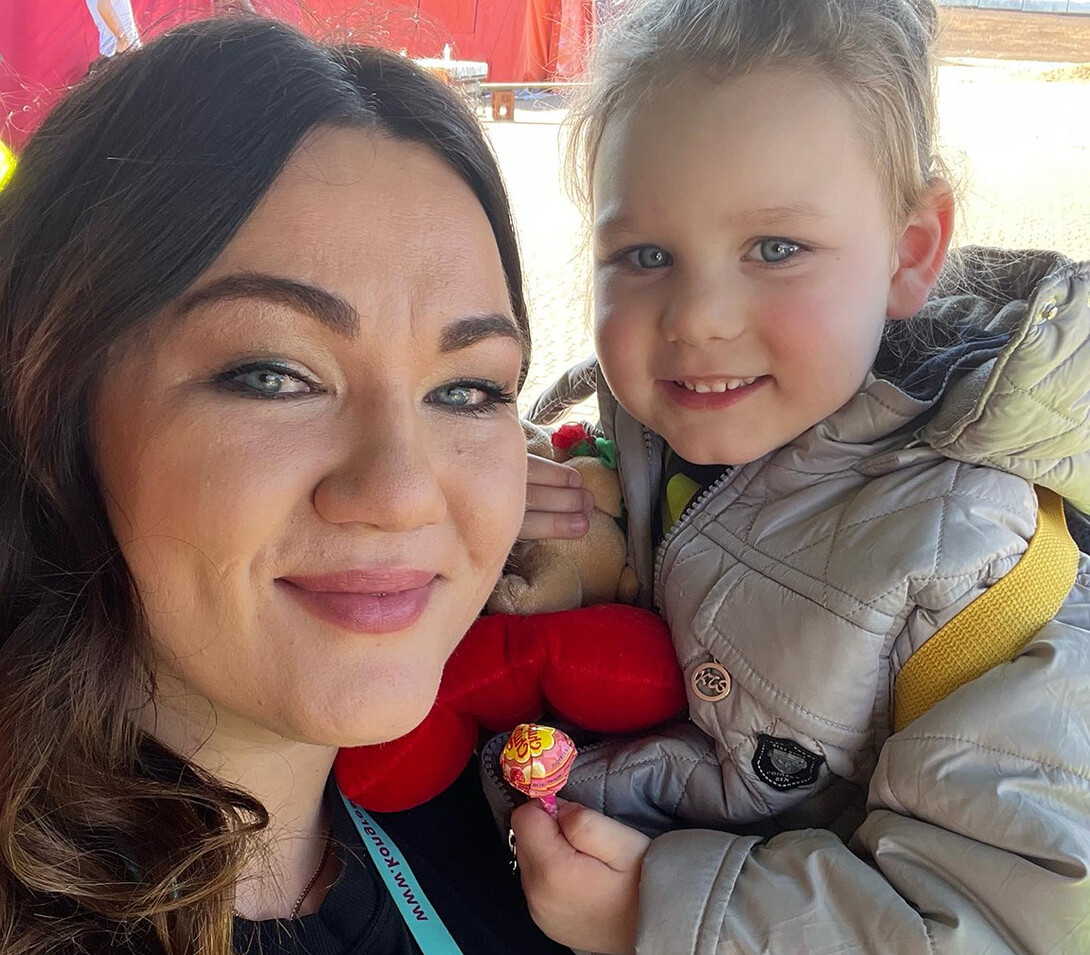
In the days after Russia invaded Ukraine, Gulchuk started working with members of her Slavic church, House of Prayer, to collect funds and other items to help refugees. The work was good, but Gulchuk — who was born in Ukraine before coming to the United States around age 10 — wanted to do more.
“I saw what was happening at the border in Poland, and I wished I could go there and help,” Gulchuk said. “Then my friend, Tanya Orlov, reached out and asked if I wanted to go to Poland with her and her aunt.”
She texted the idea to her husband. His first response was, “whoa.” Further consideration led to a more nuanced wish for Gulchuk not to endanger herself, but an agreement that she should go if it was something she truly felt she should do.
On March 18 — four days after the call — Gulchuk was on the ground in Warsaw with five others from Lincoln, driving four hours to one of Poland’s eight refugee centers along the border with Ukraine. They arrived carrying six suitcases stuffed with donated candy.
“We reached out to see what they needed at the border — we were ready to bring medicine, clothing, whatever,” Gulchuk said. “They asked us to bring candy for the kids.”
For the next 11 days, Gulchuk served primarily as a translator — an intermediary for the harried Ukrainian-speaking refugees and English-fluent Polish aid workers — and transporting people. The team worked to connect the refugees with family members in other nations if possible. When that wasn’t an option, the Ukrainians were connected with assistance centers and families that opened their doors to help the Ukrainians.
“For so many, it was the first time being outside of Ukraine and they had no idea what they were going to do,” Gulchuk said. “We tried to calm their nerves as much as possible, reassuring them that everything would be OK and making sure they had food to eat and a cot to get some needed rest.”
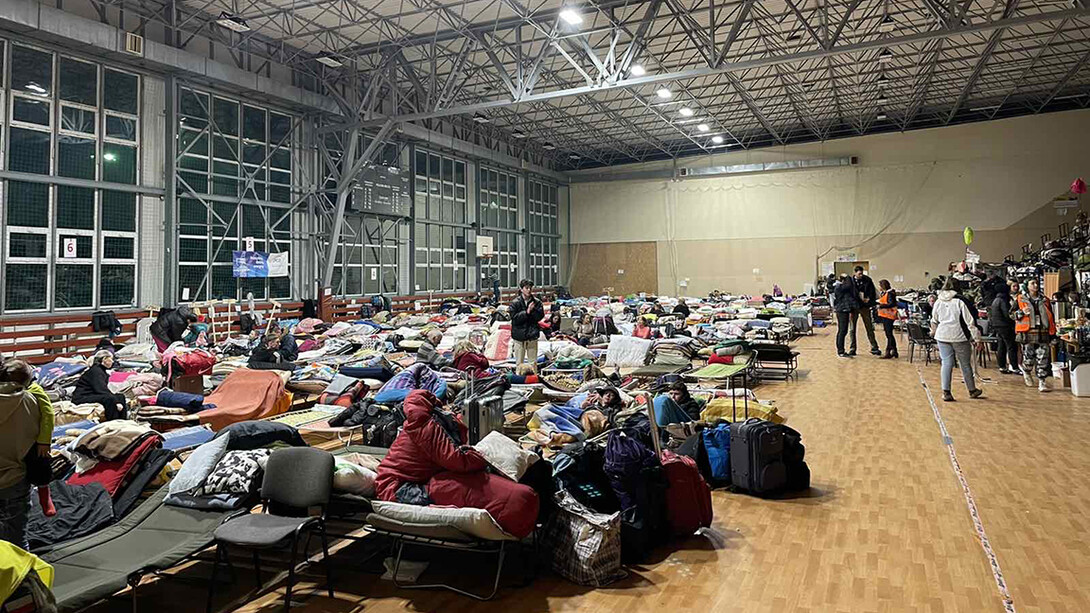
In the quiet moments, Gulchuk spent time with the refugees, playing with children and simply talking to those who needed to chat.
“The old Ukrainian grandmas were the hardest for me,” Gulchuk said. “These were incredible and strong women who survived World War II and never thought they would face another war. They’re crying, telling me the horrible things they had to go through and were worried we were going to put them on train cars and ship them out or something similar.
“I’ll never forget those moments, just sitting there listening and trying to reassure them that they would be OK.”
When not translating or serving food, Gulchuk used a rented car to transport refugees to get medical assistance. When one family vehemently wished to reach a relative in Belarus — a choice frowned upon by refugee workers, as the neighboring nation is allied with Russia — Gulchuk and one of her friends tried to get them to the border crossing.
The three-hour drive was made longer as Polish security had set up checkpoints spaced 20 kilometers apart.
“We didn’t know it at the time, but Belarus was bringing their army closer to the border that day,” Gulchuk said. “We were so nervous, but we spoke in English so we didn’t freak out the family.”
When they arrived at the border, the family was turned away, as they didn’t have the proper documentation. Gulchuk ultimately drove them to Warsaw, where they intended to get help at the Ukrainian embassy.
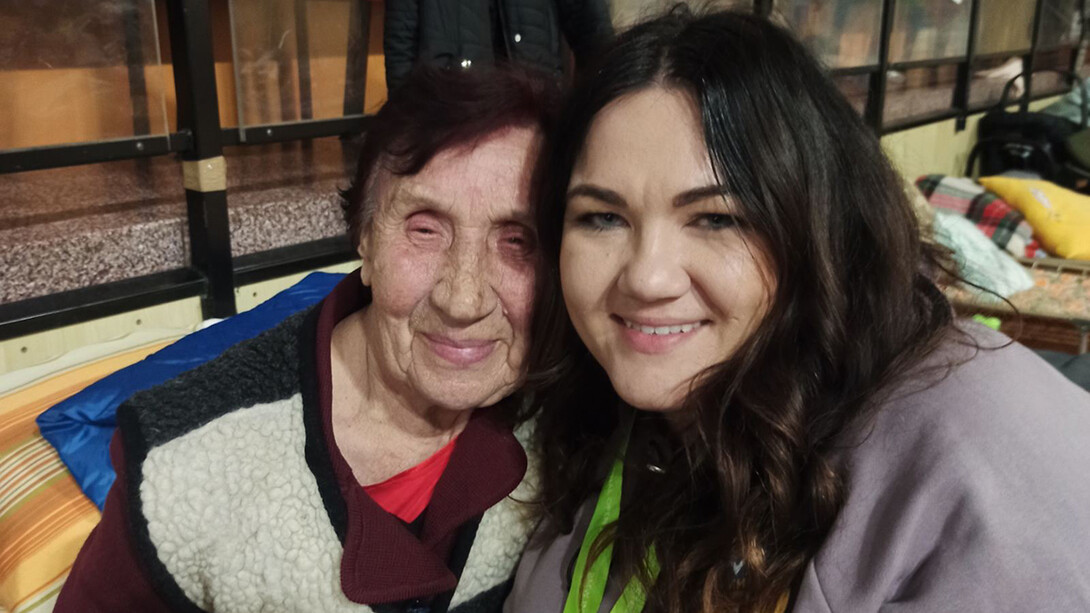
On March 29, 12 very busy days after arriving in Poland, Gluchuk was on a plane and returning to Nebraska.
Gulchuk said helping at the border was a blessing, and she credits her supervisors and the university for allowing her the time off to assist with the international crisis. In the days since, she’s returned to gathering donations locally to help. And, she remains in touch with many of the refugees she assisted, tracking their progress and assisting whenever possible.
“I’m so glad I was able to go over and help, but being there, seeing what it was like and helping in a small way, has completely changed my thinking,” Gulchuk said. “I saw all these people, struggling, crossing the border with their most important things packed into a single suitcase.
“When I got home, I told my husband that all the things I used to want, that I don’t care about them anymore. I’m just glad that we have peace now, a roof over our heads and a clear sky.”
